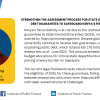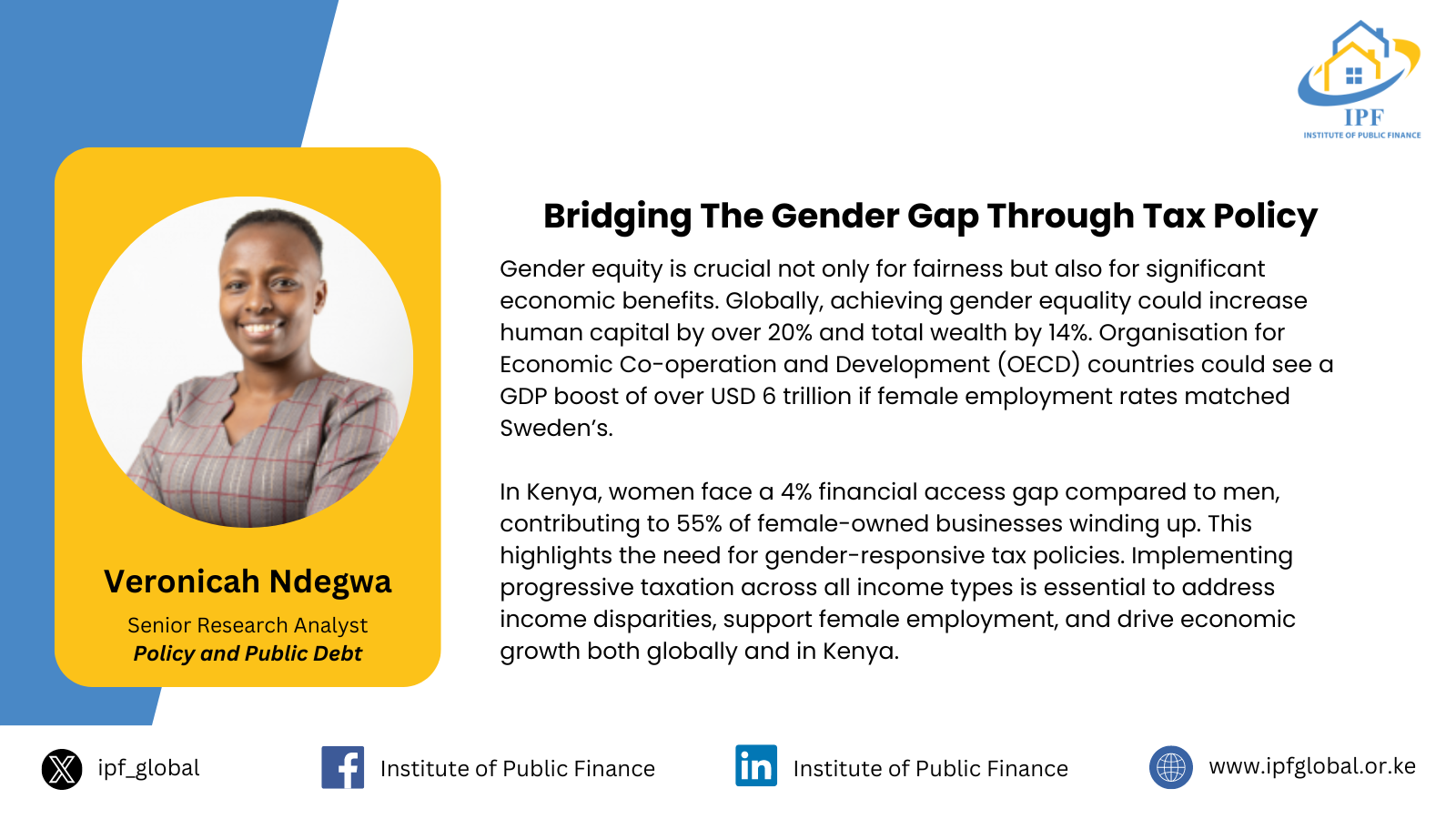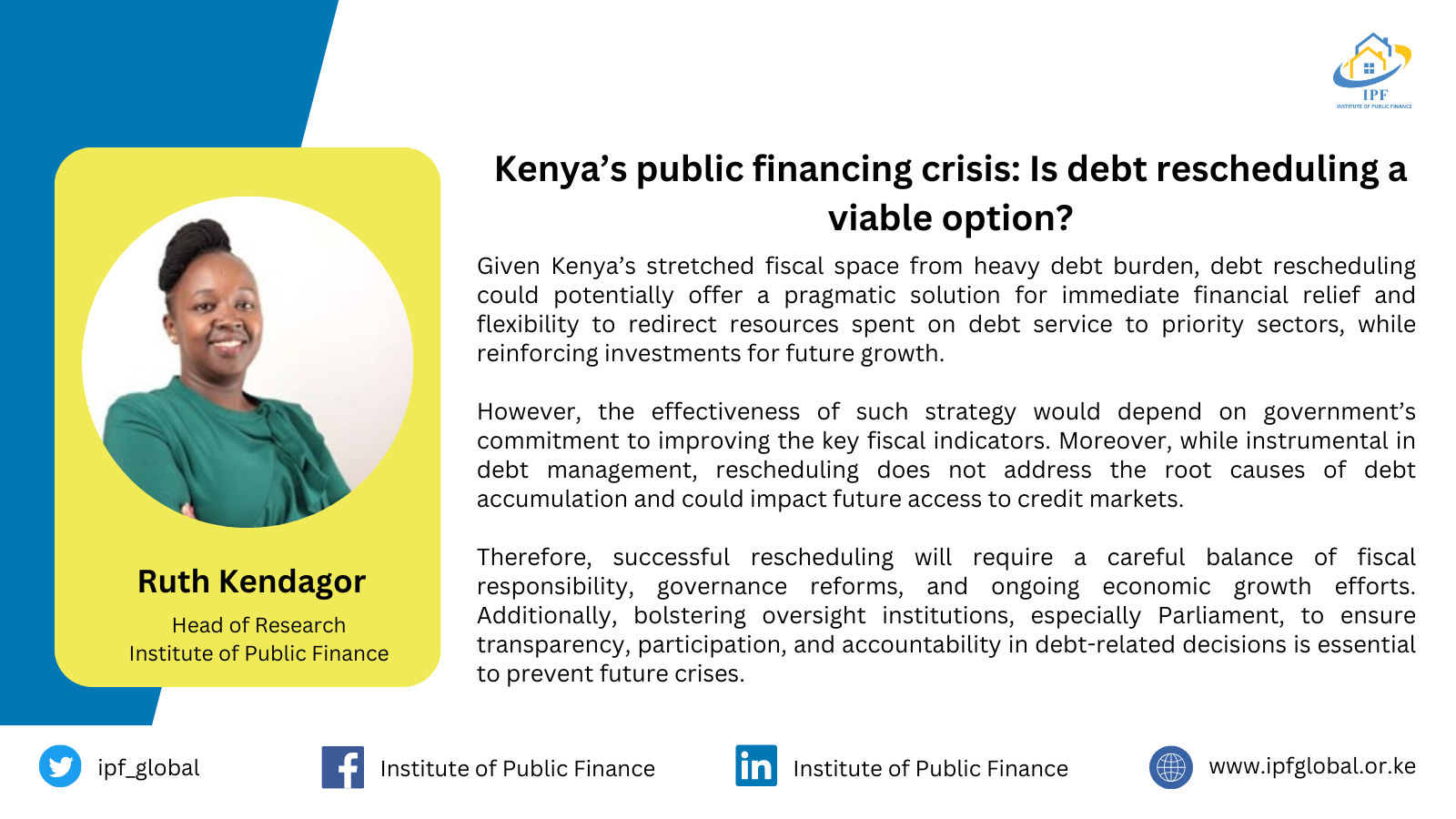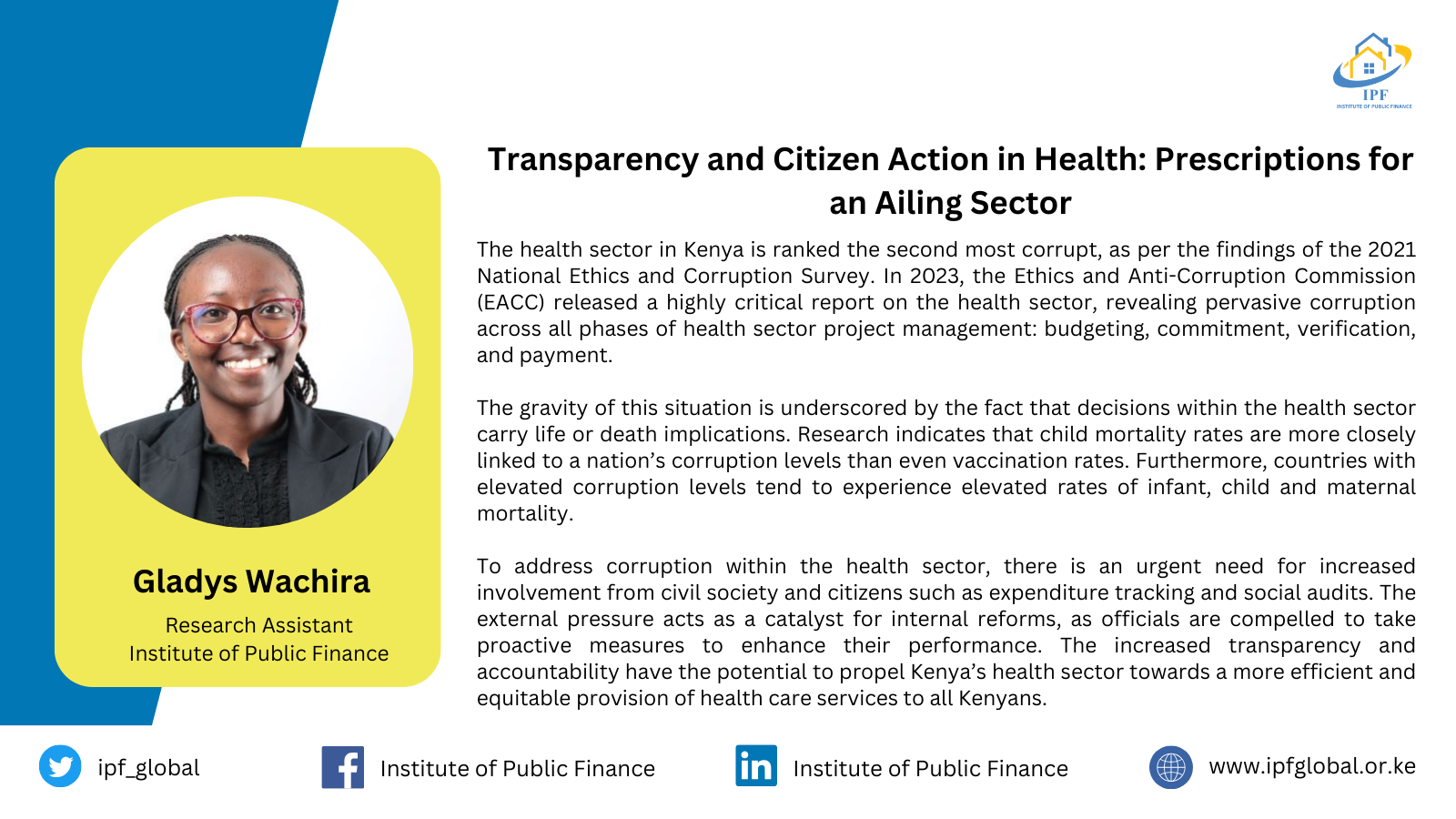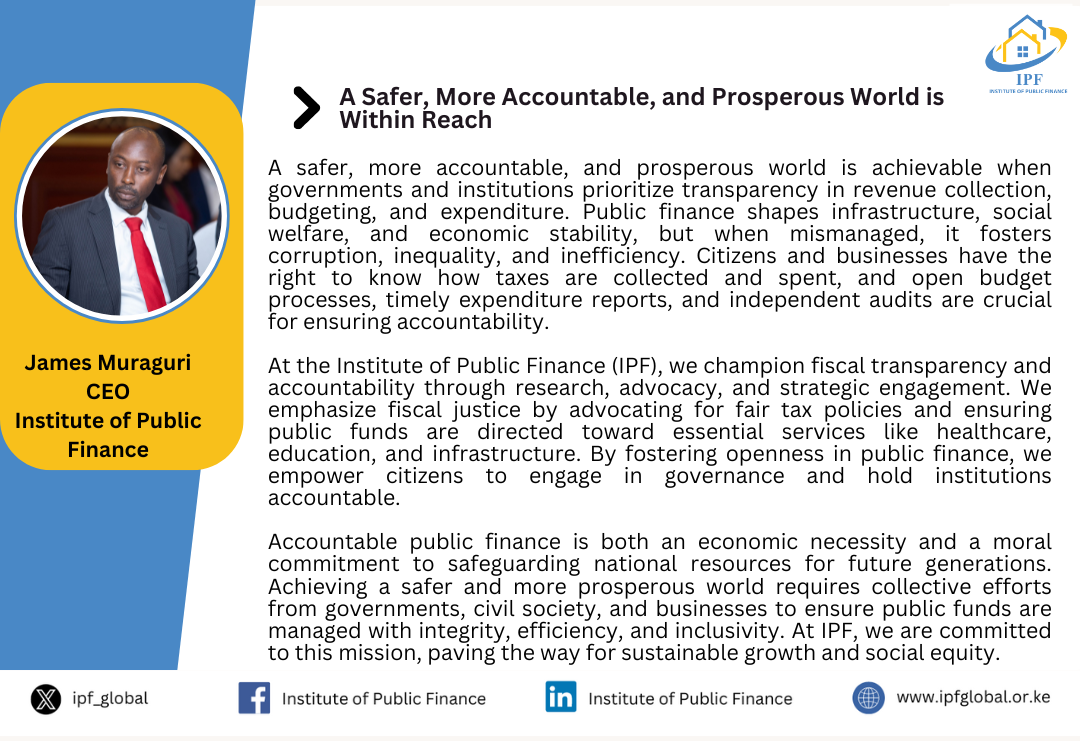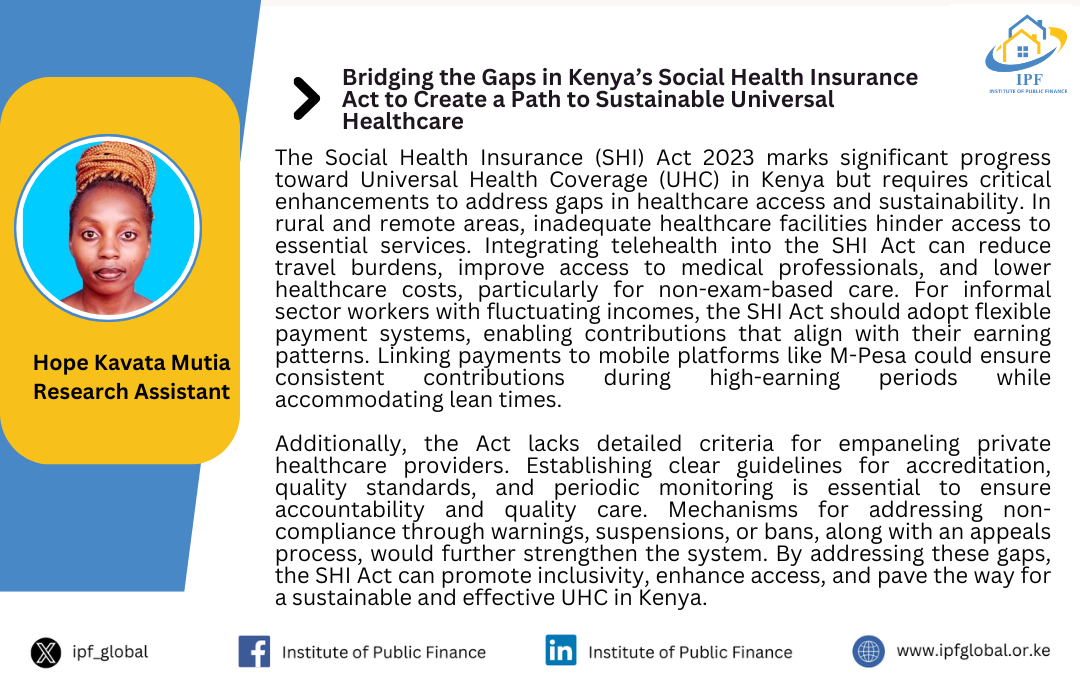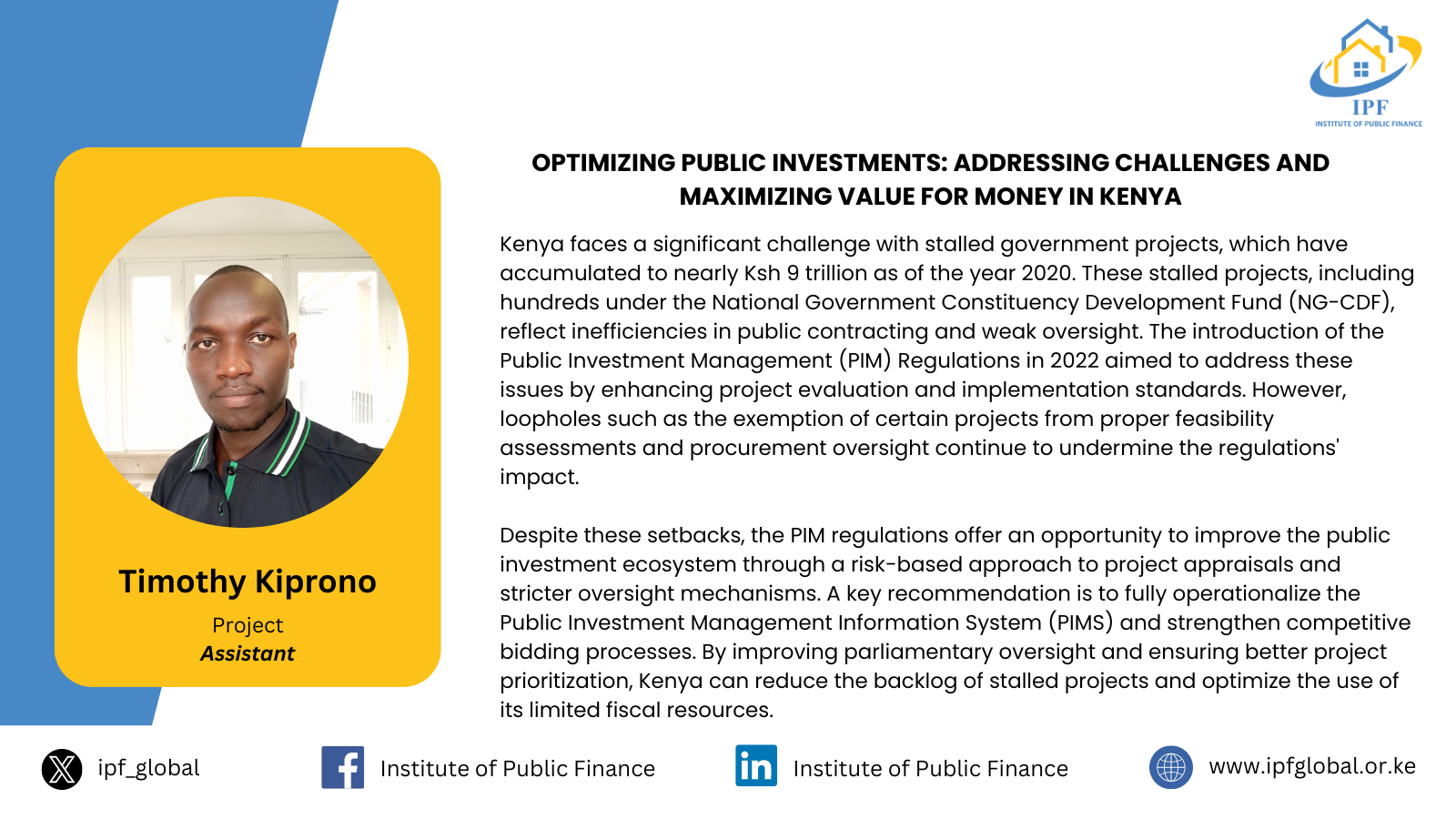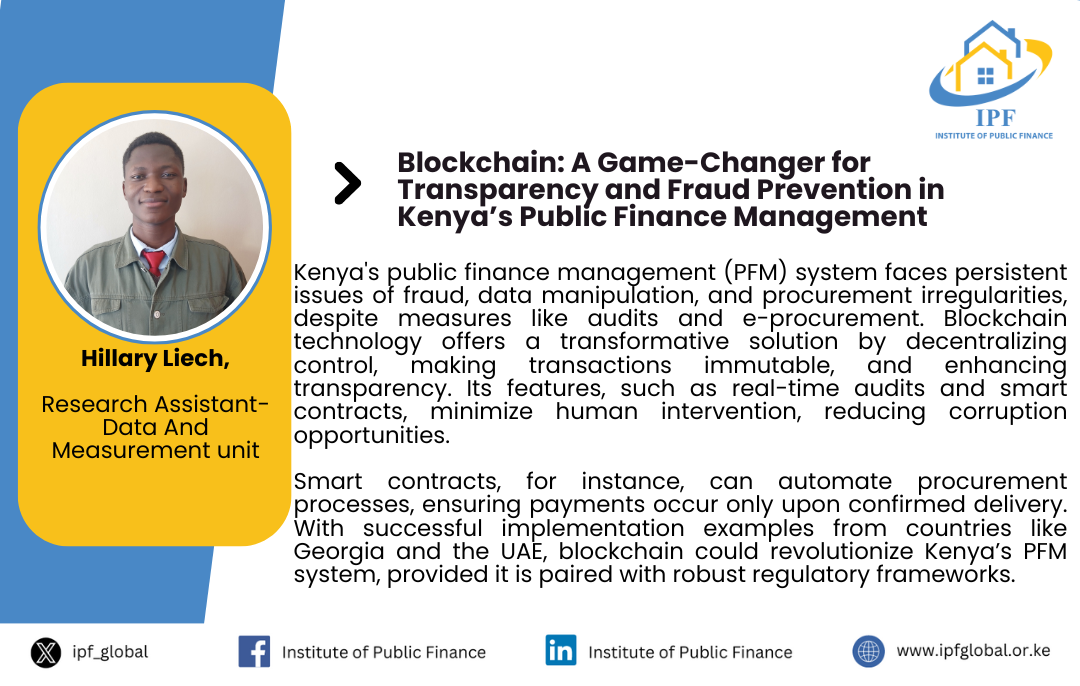
In 2023, Siaya and Turkana counties , were among counties hit by a series of incidents in which millions of shillings were lost through fraudulent deals in procurement scandals in Kenya. These incidents points to the dire need for reforms in Public Finance Management (PFM). Conventionally, public finance systems are controlled by human beings, and therefore susceptible to manipulation and data tampering. Blockchain – a decentralized ledger mechanism that records any sort of transaction across computers in a network- in a tamper-proof way – enhances decentralized authority to make transactions traceable, hence preventing fraud. However, implementing a blockchain system alone is insufficient; stringent regulatory frameworks must also be established in public finance management.
Every year, Kenya loses billions of shillings through manipulation in financial data, procurement, and fraudulent tender allocations. There have been attempts to curb such vices through strict auditing processes, enhanced manual scrutiny, and the adoption of e-procurement systems, unfortunately, these attempts continue to fall short due to, human interventions, and lack of transparency that still offer leeway for manipulation of data. Blockchain, by making a different approach through decentralizing control, tamper-proofing financial transactions, and enhancing transparency, may offer a solution.
Why Blockchain System is the Future for Public Finance Management: How it works
Records on blockchain are immutable; once a record is logged onto the chain, it cannot be altered or deleted. This makes it useful in the fight against fraudulent manipulation of data, one of the biggest problems in PFM. Verification of a transaction by a “typical consensus” from multiple participants known as nodes in the network needs to be done before recording of a transaction. In the case for the Kenyan government these nodes would be from government agencies, independent auditors, regulatory bodies, and trusted third parties that verify the transactions. Having decentralized control and consensus mechanisms prevents collusion; no single entity controls the system. Thus, corrupt actors cannot manipulate the network without the agreement of all the independent participants in it. Once verified, it finds its permanent place in the blockchain ledger. If applied to the Kenyan public finance system, blockchain would ensure that procurement contracts, budget allocations, and payment receipts have been recorded correctly, verified by authorized parties, and immutable. It provides an extremely transparent record that is secure and accessible for auditing and oversight.
Smart contracts minimize human involvement, reducing discretionary changes which may lead to corruption. In the case of government procurement, a smart contract would automate the confirmation of the arrival of supplies based on pre-defined conditions set using GPS tracking or confirmation from Internet of Things (IoT)- a network of connected devices that gather and share data over the internet. These systems, such as sensors or tracking devices attached to goods, ensure that payment is processed only when the delivery is confirmed, eliminating opportunities for manipulation by intermediaries.
While traditional processes are concerned with periodic reporting that may be liable to errors and manipulation, blockchain adds value during audits by making real-time monitoring of financial data possible. This monitoring would grant the Office of the Auditor General (OAG) to move beyond retrospective audits to continuous monitoring of high-risk areas. Real-time insight into current financial data allows auditors to track mismatches much earlier in the audit cycle. This rationale shifts resources utilized toward auditing areas that reflect the highest level of risk, while blockchain ensures security and immutability for data integrity. This further reinforces audit productivity and efficiency with no compromise on oversight or data quality.
Countries like Georgia and the United Arab Emirates (UAE) showcase blockchain’s potential in PFM. Georgia uses blockchain for secure land registries and economic efficiency, while the UAE has taken blockchain-based initiatives to digitize the government transactions and display access to real-time, confirmed information, such as the Dubai Blockchain Strategy and Emirates Blockchain Strategy.
Conclusion
Blockchain technology promises an excellent weeding out of fraud, corruption, and lack of transparency in the management of Kenya’s public finances, with immutable records and auditing automatically enabled. Therefore, it is imperative that both the national and county governments embrace the use of blockchain system, even as they enhance stringent regulatory frameworks, to ensure there is transparency in public finance management. Citizens, in turn, should advocate for greater transparency and push for the adoption of such transformative technologies.

